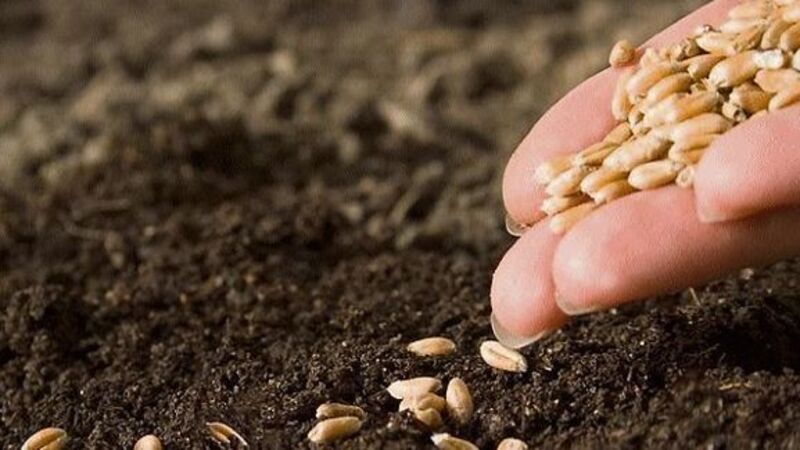Oliver Moore: Victory for organic seed producers

This represents a huge victory for organisations which campaigned against it.
Under the guise of improving and modernising the seed market, the EU Commission proposed the regulation in 2013.
Try from €1.50 / week
SUBSCRIBEThis represents a huge victory for organisations which campaigned against it.
Under the guise of improving and modernising the seed market, the EU Commission proposed the regulation in 2013.
Already a subscriber? Sign in
You have reached your article limit.
Annual €130 €80
Best value
Monthly €12€6 / month
Introductory offers for new customers. Annual billed once for first year. Renews at €130. Monthly initial discount (first 3 months) billed monthly, then €12 a month. Ts&Cs apply.
Newsletter
Keep up-to-date with all the latest developments in Farming with our weekly newsletter.
Newsletter
Keep up-to-date with all the latest developments in Farming with our weekly newsletter.
Newsletter
Sign up to the best reads of the week from irishexaminer.com selected just for you.
Newsletter
Keep up with stories of the day with our lunchtime news wrap and important breaking news alerts.
Saturday, February 7, 2026 - 11:00 PM
Saturday, February 7, 2026 - 9:00 PM
Saturday, February 7, 2026 - 11:00 PM
© Examiner Echo Group Limited